Java™ Tree (Jamun Plum) Syzygium cumini
Click on the photo to zoom
![]() For more information contact us at 26510 22282
For more information contact us at 26510 22282
Product description
JAVA plum JAMUN Malabar Plum
Regional name: Marathi - Jambul, Hindi - Jamun, Bengali - Jam, Gujarati - Jambu, Kannada - Nerale, Malayalam - Navy, Tamil - Neredam, Telugu - Neredu, Urdu - Jaman. Jamun Tree
Scientific name: Syzygium cumini
Common Names: Jamun, Java Plum, Black Plum, Indian Blackberry
Family: Myrtaceae
Origin: Native to India, Bangladesh and Southeast Asia
Jamun Arboretum
Choosing the right location: Jamun trees prefer a sunny spot with well-drained soil. They can tolerate partial shade, but produce better fruit yields in full sun.
Soil Preparation: Jamun trees grow well in a wide range of soil types, but prefer loamy, well-drained soil with a pH between 6.0 and 7.5. Amend the soil with organic matter if needed.
Jamun fruits usually ripen between June and August. Harvest when the fruit is dark purple and slightly soft to the touch.
Benefits of Jamun Tree
Medicinal properties: Jamun fruit and seeds have been used in traditional medicine to treat diabetes, digestive problems and inflammation.
Nutritional benefits: Jamun fruit is rich in vitamins and minerals, including vitamin C, potassium and iron. It also contains antioxidants and fiber.
Environmental Benefits: Jamun trees help reduce soil erosion, improve air quality and provide habitat for birds and other wildlife
Culinary uses: Jamun fruit can be eaten fresh, used in jams, juices and desserts, or fermented to make wine or vinegar




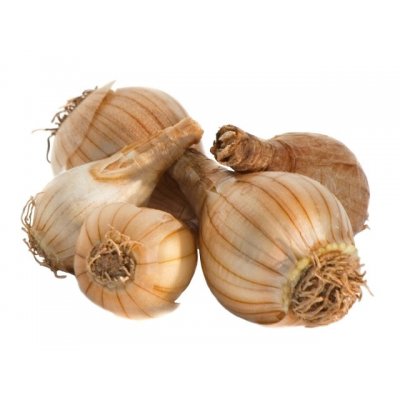

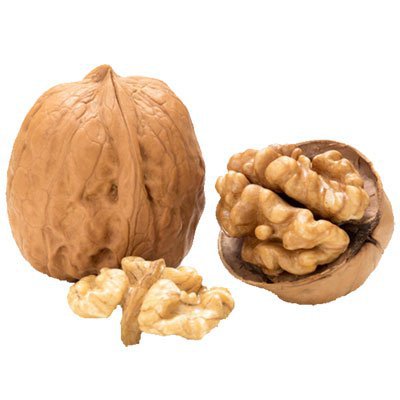

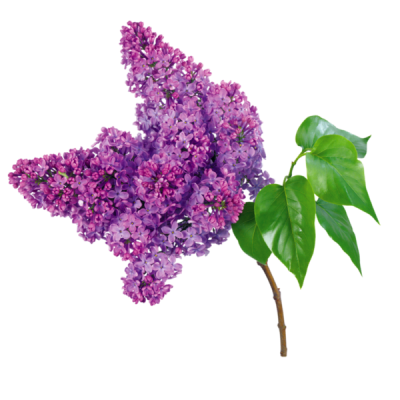
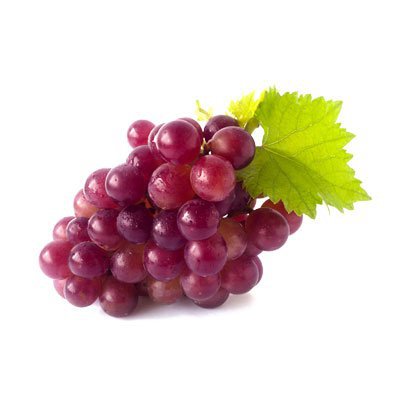
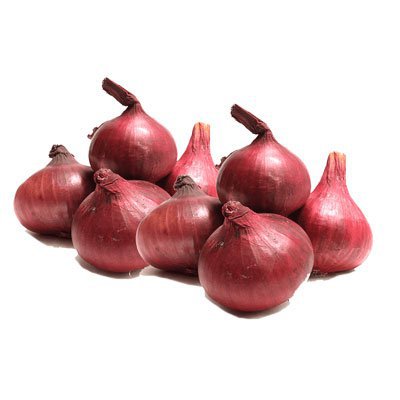
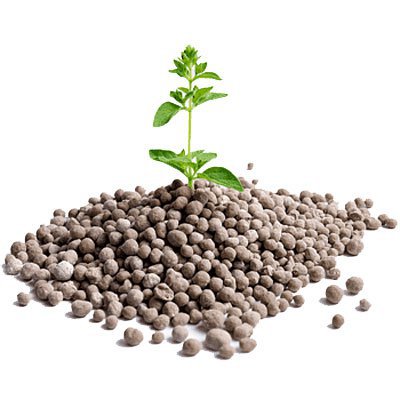

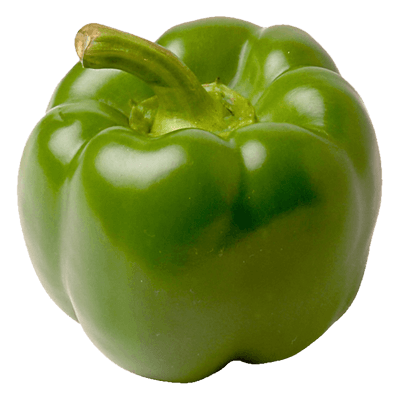




 Forest Fruit Plants
Forest Fruit Plants Spice Herbs Medicinal seeds
Spice Herbs Medicinal seeds Bulbs
Bulbs Γλυκοπατάτες
Γλυκοπατάτες  Fruit Trees
Fruit Trees Garden Materials
Garden Materials Ornamental Plants
Ornamental Plants Grapevine Plants
Grapevine Plants Onion Set
Onion Set Fertilizers
Fertilizers Potato seed
Potato seed Seeds
Seeds Roses
Roses Tropical Plants
Tropical Plants Home Pesticides
Home Pesticides Horticultural Nurseries 22/5-29/5/2023
Horticultural Nurseries 22/5-29/5/2023














